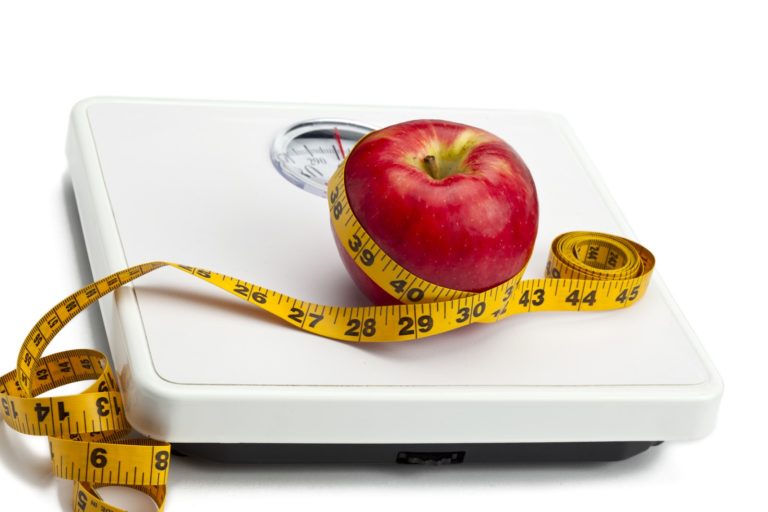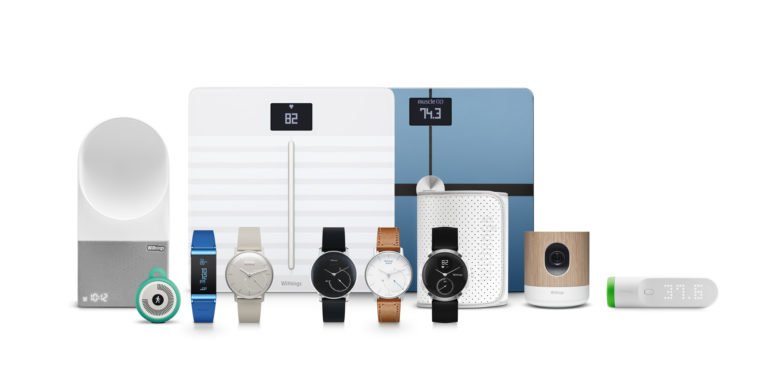Download case study
Research Lead: Matthew Sperrin, The University of Manchester
Researchers from The University of Manchester use connected health technology to allow users to log health details, and investigate how people engage with products to benefit health.
The Challenge
The demographic of people using wearable technology and smart devices is hugely varied – we wanted to investigate this further and really drill down into the people engaging with it. The results produced would also provide researchers with a clearer idea on how to use the findings to make real, positive impacts on people’s health.
Used and marketed correctly, wearable tools could be an invaluable way to help us change our behaviours and use technology to manage our own health and wellbeing.
Industry (Withings) and researchers (Health eResearch Centre, HeRC) worked together to design a study to investigate two scientific questions:
- How do the types of people using the electronic connected weighing scales compare with the general population?
- Among users of the scales, how does engagement with the technology correlate with weight change?
The Research
HeRC and Withings established a collaboration for this project, drawing on their respective expertise and assets. Withings’ devices collect vast amounts of data, which is useful in answering key questions about health. The research team at HeRC applied their expertise to this, interpreting complex data using innovative statistical methods and analysis to provide key insights. The aim was to develop the data collected from this digital and connected technology to positively impact health.
There were two main areas of interest from the beginning. Firstly, we assessed how users of the scales compared with the general population, did they generally weigh more or less? Also, how did the demographics vary: did certain groups tend to use the tech-enabled products? How did user interaction with the scales relate to weight change? Did those weighing more often lose more?
Through the weighing scales, anonymised data was taken from participants when they chose to measure height and weight. After checking the data appeared robust and plausible, it was compared to a sample of the general population.


